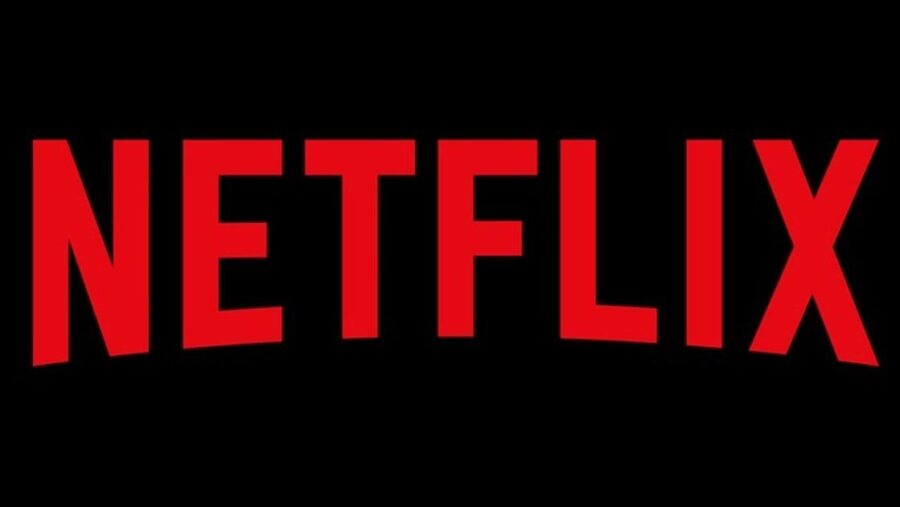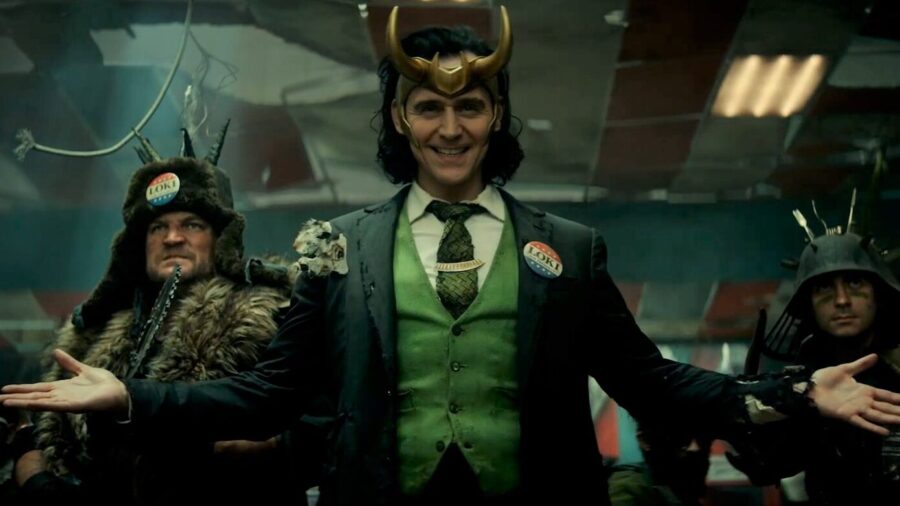Netflix Is Starting To Lose Against These Streaming Services
Enjoy it while it lasts, Netflix!
This article is more than 2 years old

Netflix has long been the dominant force in streaming media services, but it looks like the company is finally starting to tremble. After years of consistent growth, Netflix fell behind the surging Disney+, which gained significantly more subscribers than any other streaming service in the last quarter of 2021. Since services like Netflix, Disney+, HBO Max and all the others are not required to actually disclose things like how many people are actually watching their content, we have to basically rely on self-reporting. And like any good branch of various mega-corporations, these services want to report the info that serves them best, which means they generally announce how many new subscribers they get and how many they project they are to get signing up in a given quarter. And in this fourth, all-important quarter of 2021, Disney+ gained 11.7 million subscribers while Netflix plussed up just 8.3 million. Scary news for Big Red.
There are many reasons why Netflix might finally be losing some ground against other services. For one thing, being the pioneer in an industry might get you historical recognition, but it also makes you the bar that everyone is trying to clear. Beginning in 1997 as a mail-in DVD rental and sales service, Netflix quickly became the scourge of the traditional brick and mortar video stores. It is now one of those legendary ironies of business history that the CEO of Blockbuster turned down the chance to buy the fledgling Netflix, apparently thinking it was a joke. After decimating the large chains like Blockbuster and Hollywood Video (and nearly eradicating the independent video store industry), Netflix pivoted to promoting their streaming option in 2007. In 2017, they went even further, with the goal of having at least half of their library being original content. But their success has apparently just made their competition all that much more hungry.
While Netflix might have the kind of cultural impact that has made their brand name a euphemism for, um, activities, it clearly has prompted Disney+ and HBO Max to directly challenge them. And while Netflix has been a leader in their field for decades now, both competing streaming services have the muscle and creative content of their parent companies (Walt Disney Studios and Warner Bros, respectively) to back them up. It certainly appears that fighting the streaming war on two fronts is finally chipping away at Netflix, which saw an enormous stock price drop recently. They also made the much publicized decision to increase their subscription price, which no doubt contributes to all of this (even if they are trying to compensate with increased viewer control of content).

So what does this mean for Netflix? It is difficult to say. While their stock price plummet was in part caused by their relatively lean projections for the coming year, they are also still showing massive gains in terms of new subscriptions. It is mostly notable in that they have fallen behind Disney+, which has been going hard on new MCU shows and a massively popular Beatles documentary series. While it is a milestone that Netflix is finally falling behind, only time will tell who will ultimately win this one.












